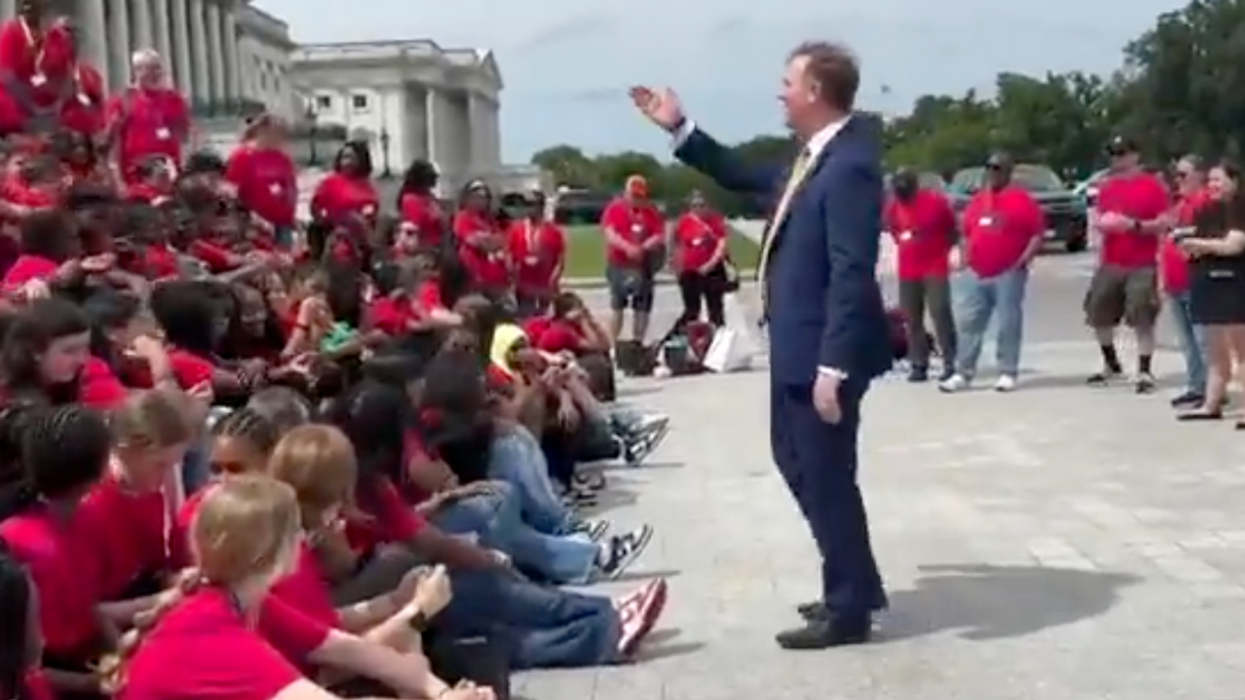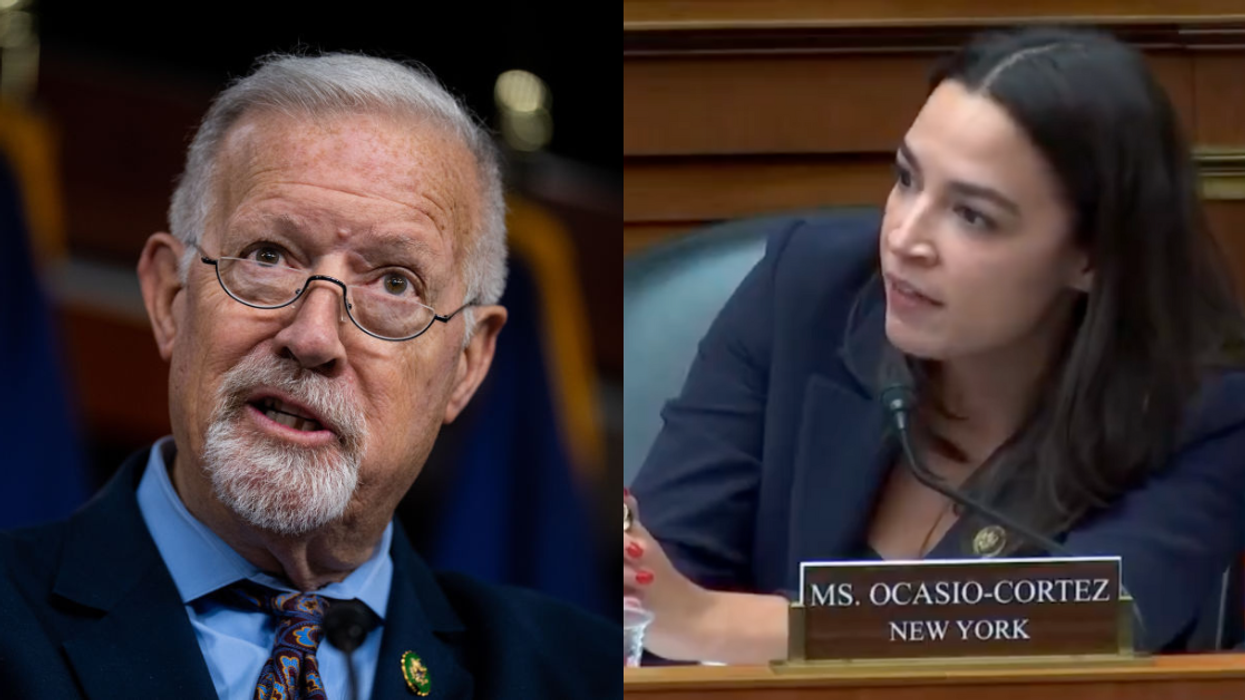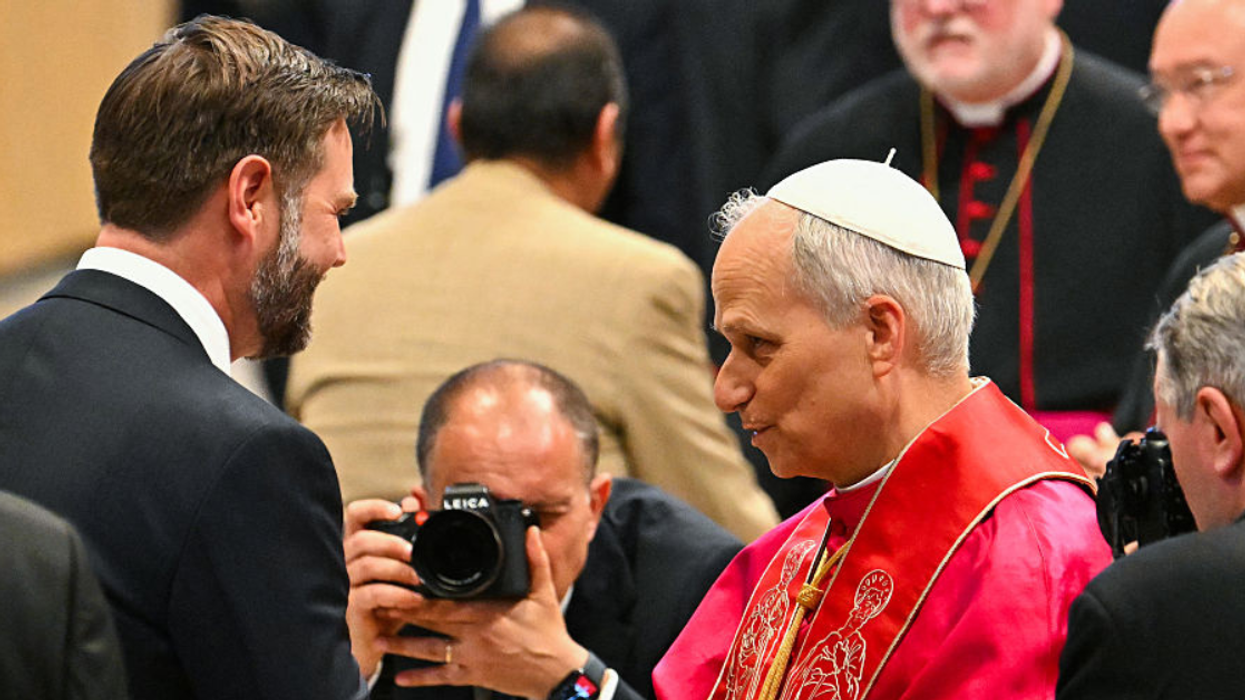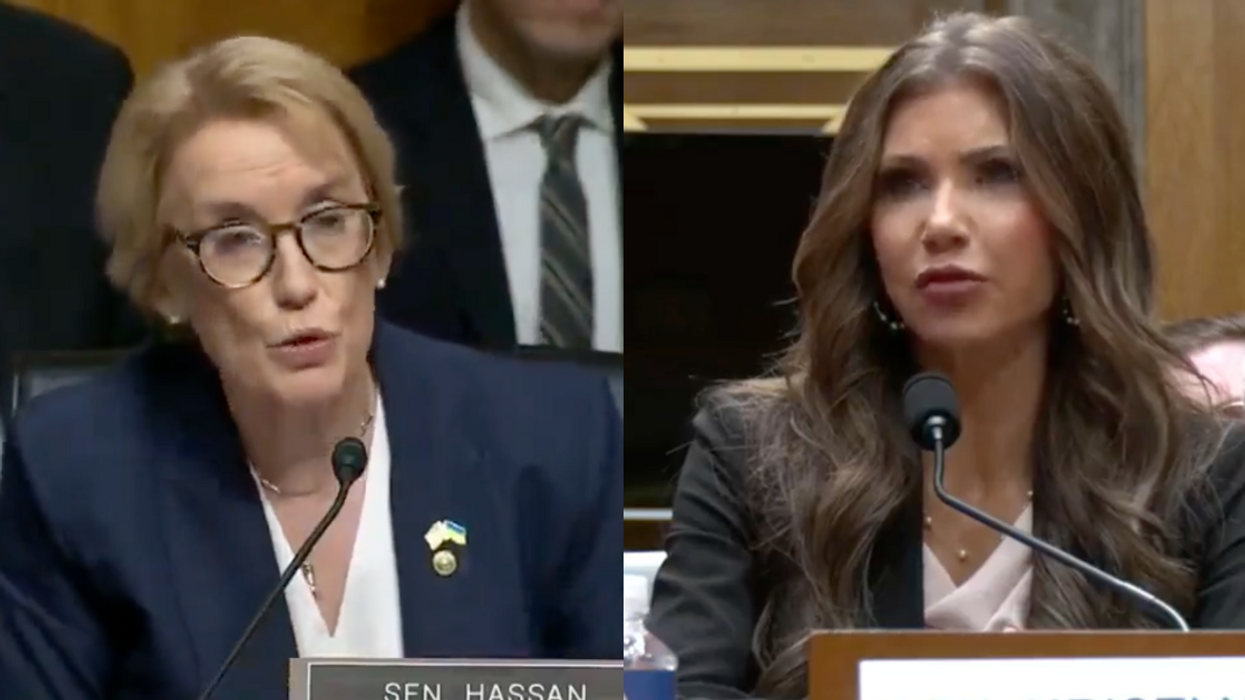Donald Trump Jr. was heavily criticized after he published a tweet questioning Dr. Jill Biden's judgment after it was revealed that former President Joe Biden has an aggressive form of prostate cancer.
Biden has been diagnosed with an "aggressive" form of prostate cancer that has metastasized to his bones, his office announced Sunday. Despite the severity, doctors say the cancer appears to be hormone-sensitive, “which allows for effective management.”
Prostate cancer is the second most common cancer among men in the U.S., following skin cancer, and it is frequently treatable, according to the American Cancer Society. The overall five-year survival rate for prostate cancer is 97%. However, that rate drops significantly when the cancer spreads beyond the prostate to other areas of the body.
At first, Trump Jr. appeared to offer his condolences, sharing a post advising that people put "politics aside" and wish the former president "a speedy recovery."
But just three hours later, he posted a tweet raising questions about the timeline—specifically, when Democratic leadership or the White House became aware of the cancer’s progression. He also cast doubt on how the former First Lady could have been unaware of the seriousness of her husband's condition.
He wrote:
"What I want to know is how did Dr. Jill Biden miss stage five metastatic cancer or is this yet another coverup???"
You can see the post below.
Many swiftly condemned his remarks, especially in light of the fact that Dr. Biden is not a medical doctor.
The contrast between the Biden and Trump administrations on public health priorities is stark.
In 2022, Biden relaunched the “Cancer Moonshot” initiative—an ambitious program aiming to cut the cancer death rate by 50% over the next 25 years. The effort builds on his earlier work as vice president and is deeply personal, following the 2015 death of his son Beau from brain cancer.
Meanwhile, a report released last week by the Senate Health, Education, Labor, and Pensions (HELP) Committee found that the Trump White House reduced cancer research funding by 31% during the first quarter of this year, compared to the same period in 2024.
Researchers warn that such funding freezes, rule changes, and staffing cuts are undermining progress not only in cancer treatment but across broader scientific and medical research.
















 Disgusted Steve Carell GIF
Disgusted Steve Carell GIF people love GIF
people love GIF
 @zbruhyuhyuh/TikTok
@zbruhyuhyuh/TikTok @zbruhyuhyuh/TikTok
@zbruhyuhyuh/TikTok @zbruhyuhyuh/TikTok
@zbruhyuhyuh/TikTok @zbruhyuhyuh/TikTok
@zbruhyuhyuh/TikTok @zbruhyuhyuh/TikTok
@zbruhyuhyuh/TikTok @amberaliyaa/TikTok
@amberaliyaa/TikTok @amberaliyaa/TikTok
@amberaliyaa/TikTok @amberaliyaa/TikTok
@amberaliyaa/TikTok @amberaliyaa/TikTok
@amberaliyaa/TikTok @amberaliyaa/TikTok
@amberaliyaa/TikTok @amberaliyaa/TikTok
@amberaliyaa/TikTok @amberaliyaa/TikTok
@amberaliyaa/TikTok @zbruhyuhyuh/TikTok
@zbruhyuhyuh/TikTok @zbruhyuhyuh/TikTok
@zbruhyuhyuh/TikTok @zbruhyuhyuh/TikTok
@zbruhyuhyuh/TikTok